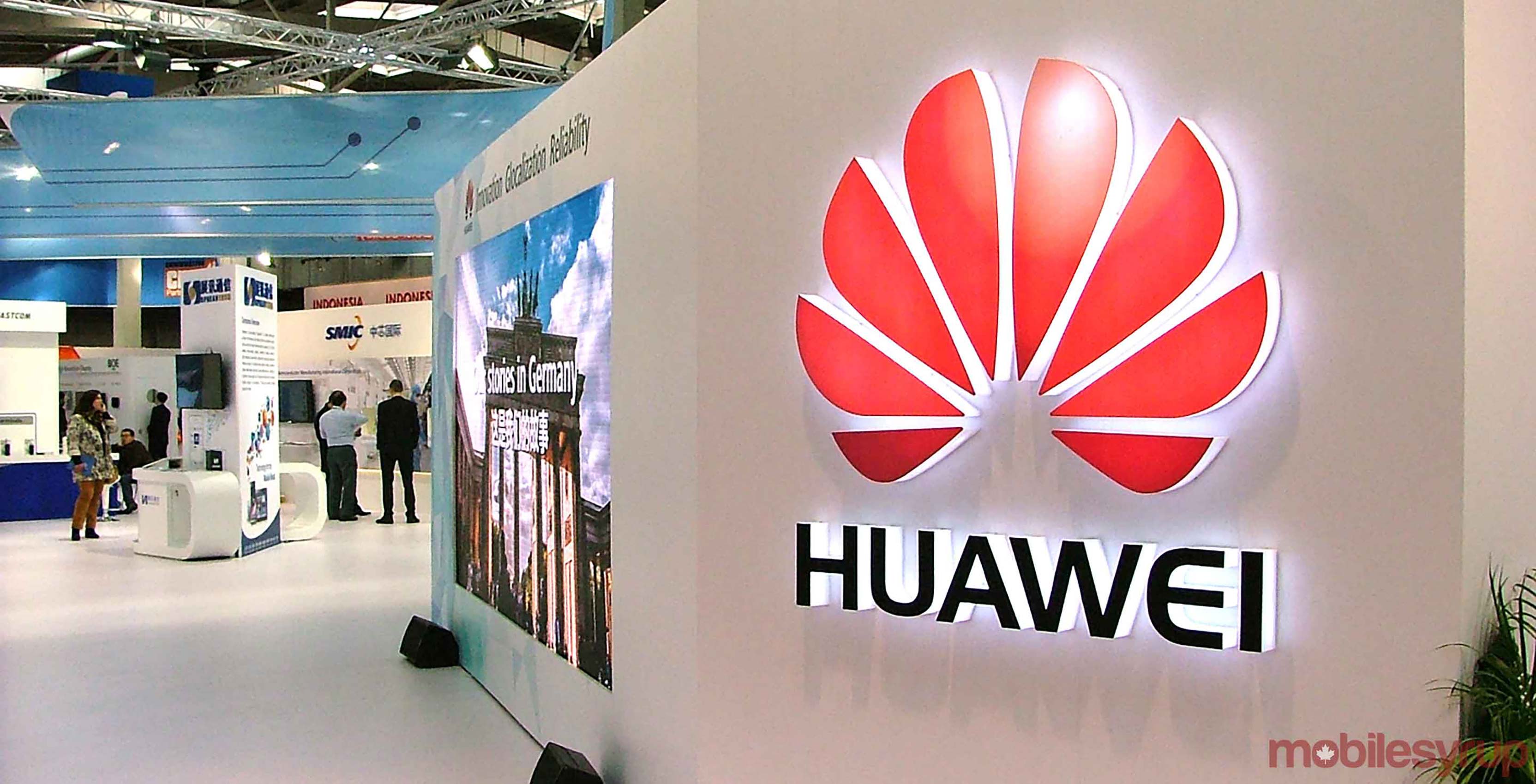
Roughly two weeks after U.S. telecom giant AT&T announced that it would cease the company’s commercial relationship with Chinese hardware manufacturer Huawei, Verizon has announced plans to do the same.
According to a report from Bloomberg, U.S.-based Verizon Wireless — the country’s largest carrier in terms of subscribership — will no longer carry phones manufactured by Huawei.
Bloomberg cited “people familiar with the matter,” who added that pressure from the U.S. government led Verizon to drop Huawei.
The Bloomberg story comes on the heels of an exclusive Reuters article that cited two congressional aides who said that U.S. lawmakers had similarly urged AT&T — the country’s second-largest carrier in terms of subscribers — to end its relationship with Huawei.
Reuters reported that the U.S. government’s pressure on AT&T stemmed from opposition to Chinese state-owned telecom China Mobile entering the U.S. market because of “national security concerns.”
Bloomberg‘s own report also referenced the subject of Chinese spying and 5G networks, bringing up the fact that “U.S. security agencies and some lawmakers fear that 5G phones made by companies that may have close ties to the Chinese government could pose a security risk.”
It’s important to note that Huawei is currently the only Chinese hardware manufacturer that U.S. carriers seem to have been pressured to drop.
ZTE, a company that is headquartered in Shenzhen, China, still sells its smartphones through AT&T, Verizon, T-Mobile and Sprint — the U.S.’s four major carriers.
T-Mobile and Sprint are the third-largest and fourth-largest carriers by subscribership.
Additionally, other carriers that operate in countries that are part of the U.S.’ Five Eyes allies — including the U.K. and Canada — have not severed their commercial relationship Huawei.
Huawei’s business in Canada
For its part, Canada has been going out of its way to welcome Chinese tech investments in Canada.
In fact, the province of British Columbia and national carrier Telus are currently collaborating with Huawei on 5G network tests.
MobileSyrup senior reporter Rose Behar visited the Huawei-Telus 5G test site in Burnaby, British Columbia, and spoke with a number of executives who all seemed more than open and amenable to working together.
Huawei devices have also been available in Canada for a number of years, while the company’s P10 and P10 Plus devices launched alongside national carriers Bell and Rogers in 2017.
“We had a great working relationship with our Canadian customers for 10 years,” said Scott Bradley, vice president of corporate affairs for Huawei Canada, in a recent phone call with MobileSyrup.
“We’ve been really pleased with the success of our devices, we’ve been really pleased with [the] response that consumers have had with our devices.”
As for national security, a spokesperson for Canada’s Communication Security Establishment (CSE) told MobileSyrup that the agency is “unable to comment on specific companies, products or providers.”
“However, in the event that CSE identifies a security concern associated with any piece of equipment proposed for use in Canada’s critical network, be assured that this information would be shared as needed to ensure Canada’s safety and security,” said the same spokesperson, in an email to MobileSyrup.
Update 31/01/2018 1:29pm ET: The story updated with additional context.
MobileSyrup may earn a commission from purchases made via our links, which helps fund the journalism we provide free on our website. These links do not influence our editorial content. Support us here.


